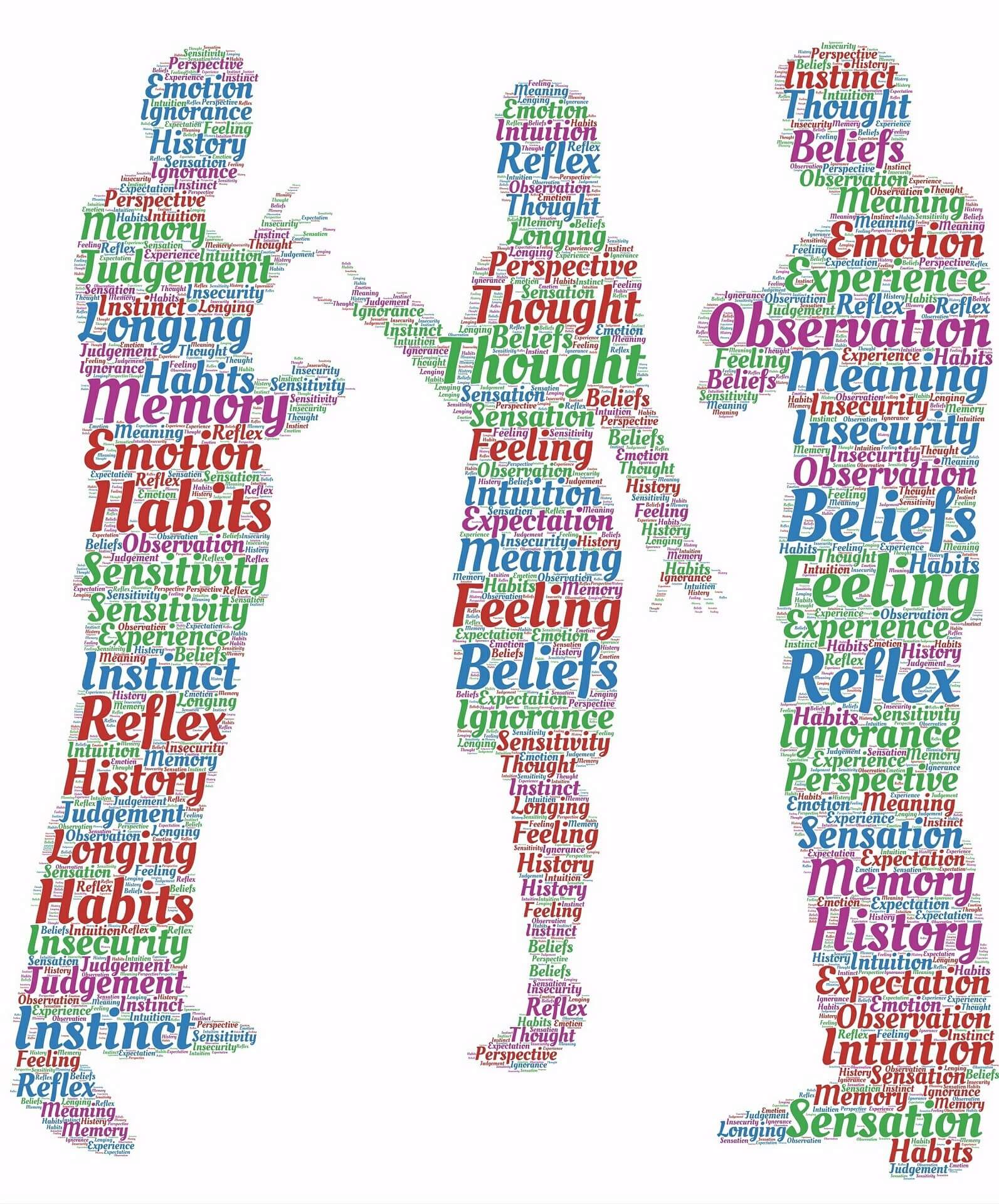
Love Your Conflict
By Kevin Gecowets
We often think of conflict as something to avoid. Facing conflict can be uncomfortable and awkward, yet conflict is crucial to creativity and success. Learning to navigate differences while de-escalating conflict is a critical skill for leaders and teams.
Conflict isn’t good or bad; it just is.
Conflict can arise in almost any situation. It doesn’t even require someone to do the wrong thing. In fact, conflict often arises when multiple people and teams try to do the right thing but have conflicting needs or limited resources. Conflict can occur simply because of differences in style or through simple miscommunication. Managing conflict productively is critical to the creative process.
Conflict may be uncomfortable (it may feel good or bad), but that doesn’t decrease its potential value. It can lead to creative solutions by using other points of view. We can choose to have helpful or harmful responses to conflict. Those choices or responses determine the outcomes of any conflict.
Diversity and inclusion require managing differences.
Diversity comes with built-in conflicts with multiple perspectives and ideas. Imagine how dysfunctional an organization would be if everyone was the same or always agreed. The strength of diversity comes from generating inclusivity by creating spaces for those multiple perspectives to be heard and valued. Attitude is important, but managing conflict productively requires developing a new skill set.
Taking the high road.
The way we respond to conflict can be destructive or constructive. Mastery of conflict involves decreasing those behaviors that escalate conflict or make it personal. It also involves increasing those behaviors that focus on problem solving, and understanding others.
Destructive conflict behaviors escalate conflict and harm relationships.
Avoiding or minimizing the following destructive conflict behaviors can prevent the escalation of conflict or turning conflict into a personal grudge match.
- Winning at All Costs – Arguing or fighting for your position without regard for consequences.
- Displaying Anger – Raising your voice or using harsh language.
- Demeaning Others – Showing disrespect by rolling eyes, or using mean sarcasm.
- Retaliating – Getting even by actively or passively obstructing others.
- Avoiding – Being aloof or distant.
- Yielding – Giving in or sacrificing something important to avoid further conflict.
- Hiding Emotions – Avoiding showing upset or true feelings.
- Self-Criticizing – Blaming self or ruminating over conflict situations.
Constructive conflict behaviors improve relationships and effectiveness.
Practicing and using the following constructive conflict behaviors will de-escalate conflict while maximizing the benefits of having differences.
- Perspective Taking – Putting yourself in the other person’s position and trying to understand their point of view.
- Creating Solutions – Brainstorming with the other person, asking questions, and trying to create solutions to the problem.
- Reaching Out – Taking a risk by making the first move to invite the other person to begin open communication with you.
- Expressing Emotions – talking honestly with the other person and telling them your thoughts and feelings.
- Reflective Thinking – Pondering and analyzing the situation to determine the best way to proceed.
- Delay Responding – Pausing and taking enough time to allow the situation to cool before proceeding.
- Adapting – Staying flexible and optimistic without giving up critical needs. Recognizing what is negotiable and what is not.
Notice that the difference between some destructive behaviors and constructive behaviors is a matter of degrees. For example, delaying response to pause and consider how to proceed is constructive while avoiding responding is destructive. The first response creates a space for reflection and consideration while the second never addresses the conflict.
By choosing to engage in conflict productively, you will improve your leadership skills and benefit your personal relationships.
For more information about constructive approaches to conflict and virtual and live courses that can help your team master conflict skills, visit us at https://creativefocus.net/leadership/
1. Conflict Dynamics Profile ® , Sal Capobianco, PhD, Mark H Davis, PhD, Linda A Kraus, PhD, 2009, Eckerd College.
2. ibid
